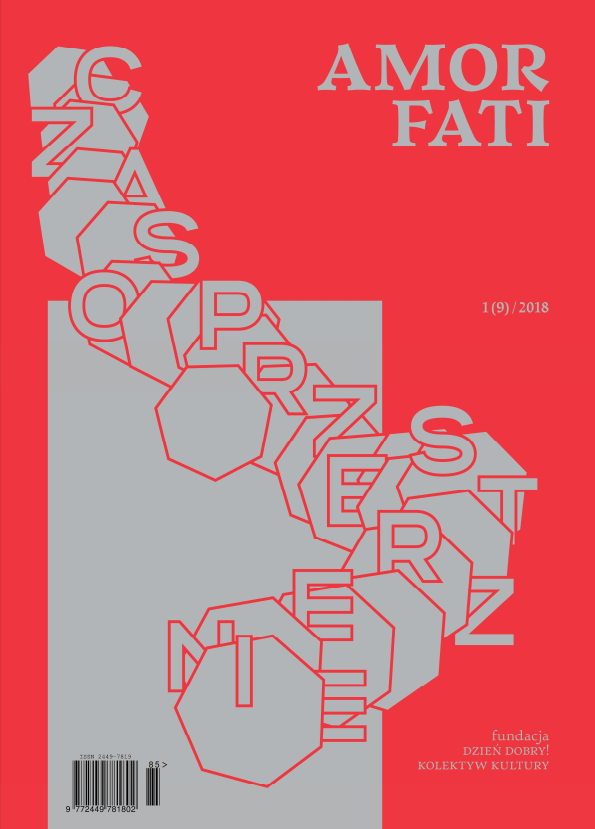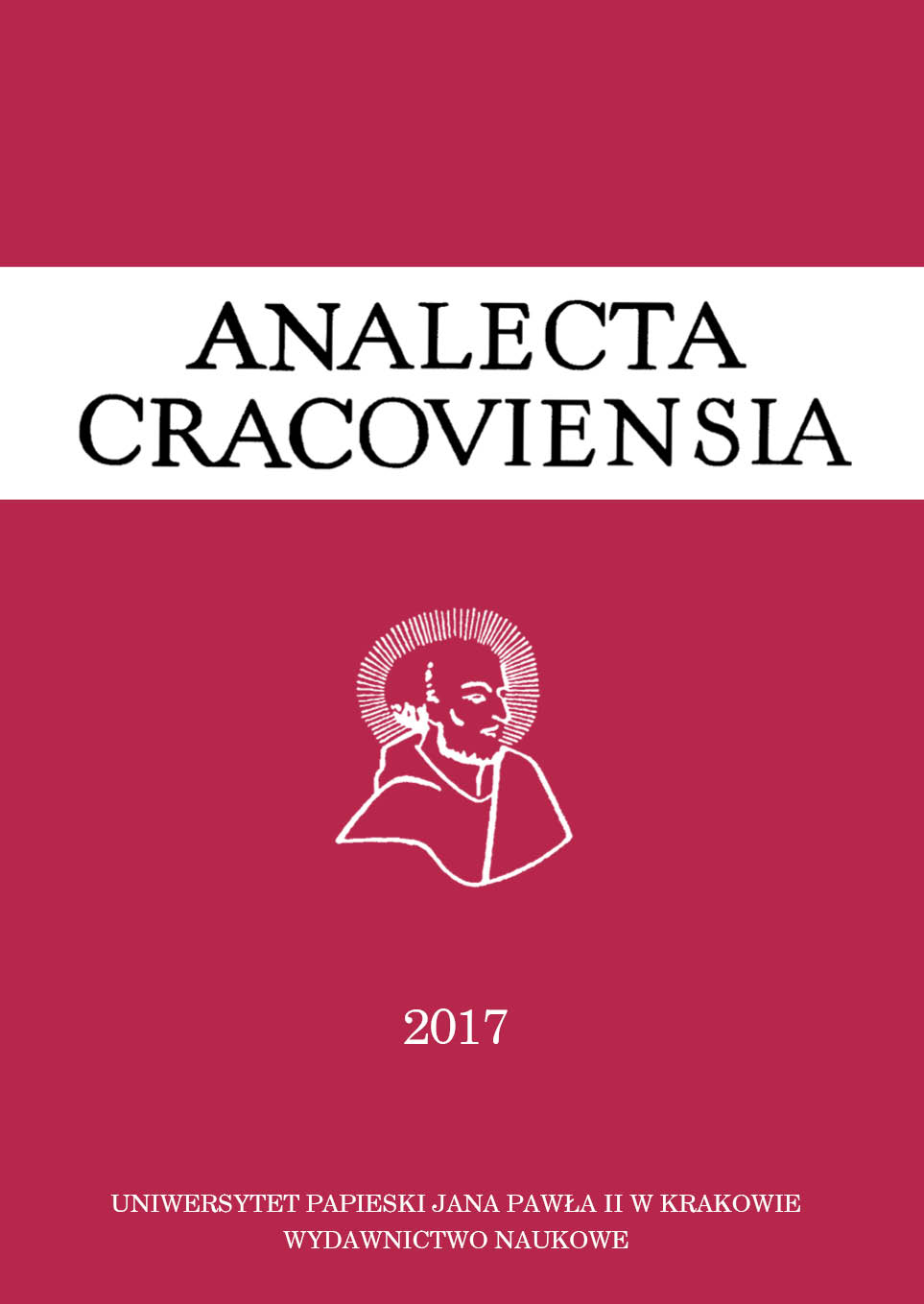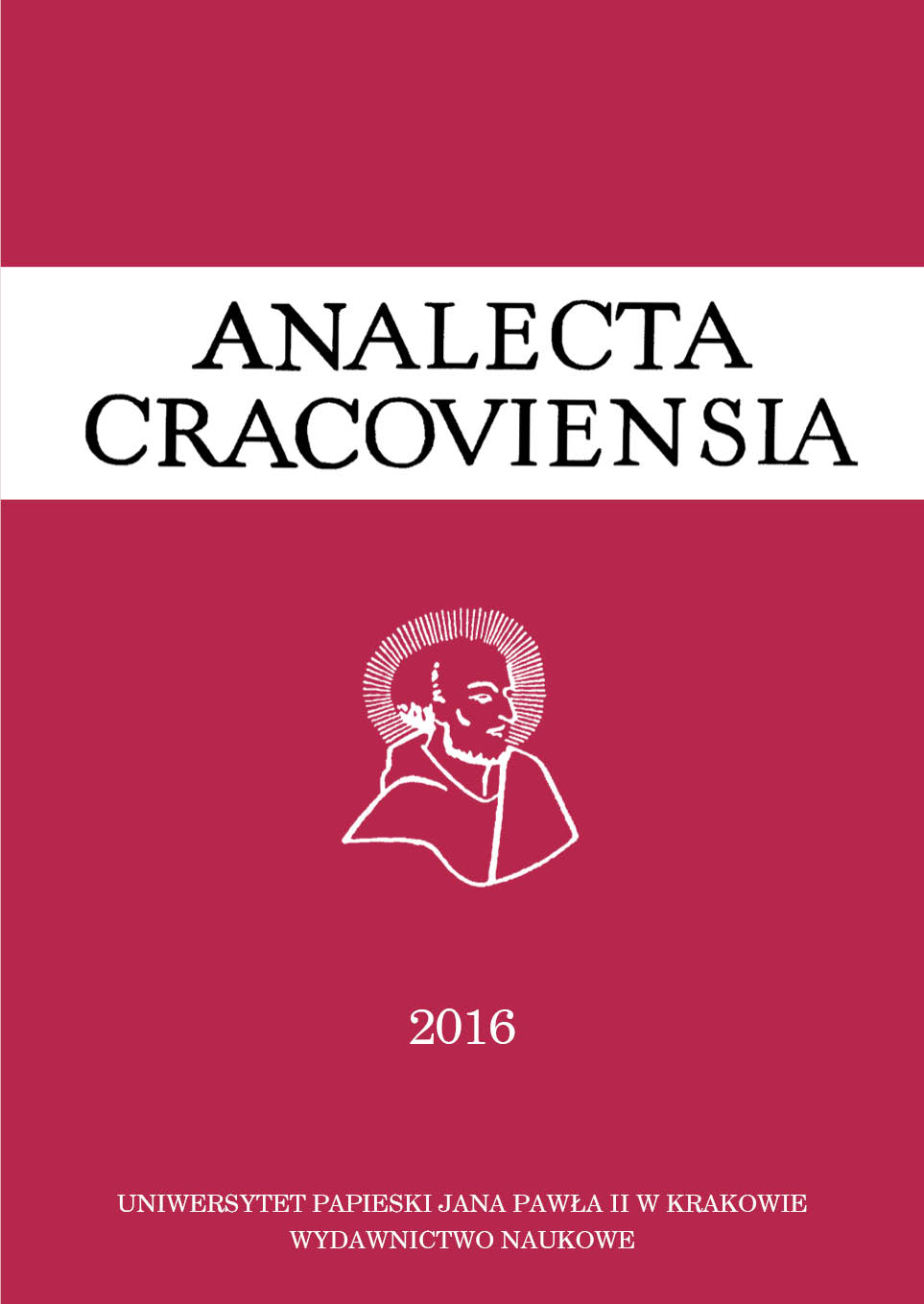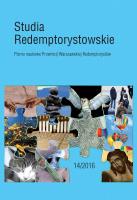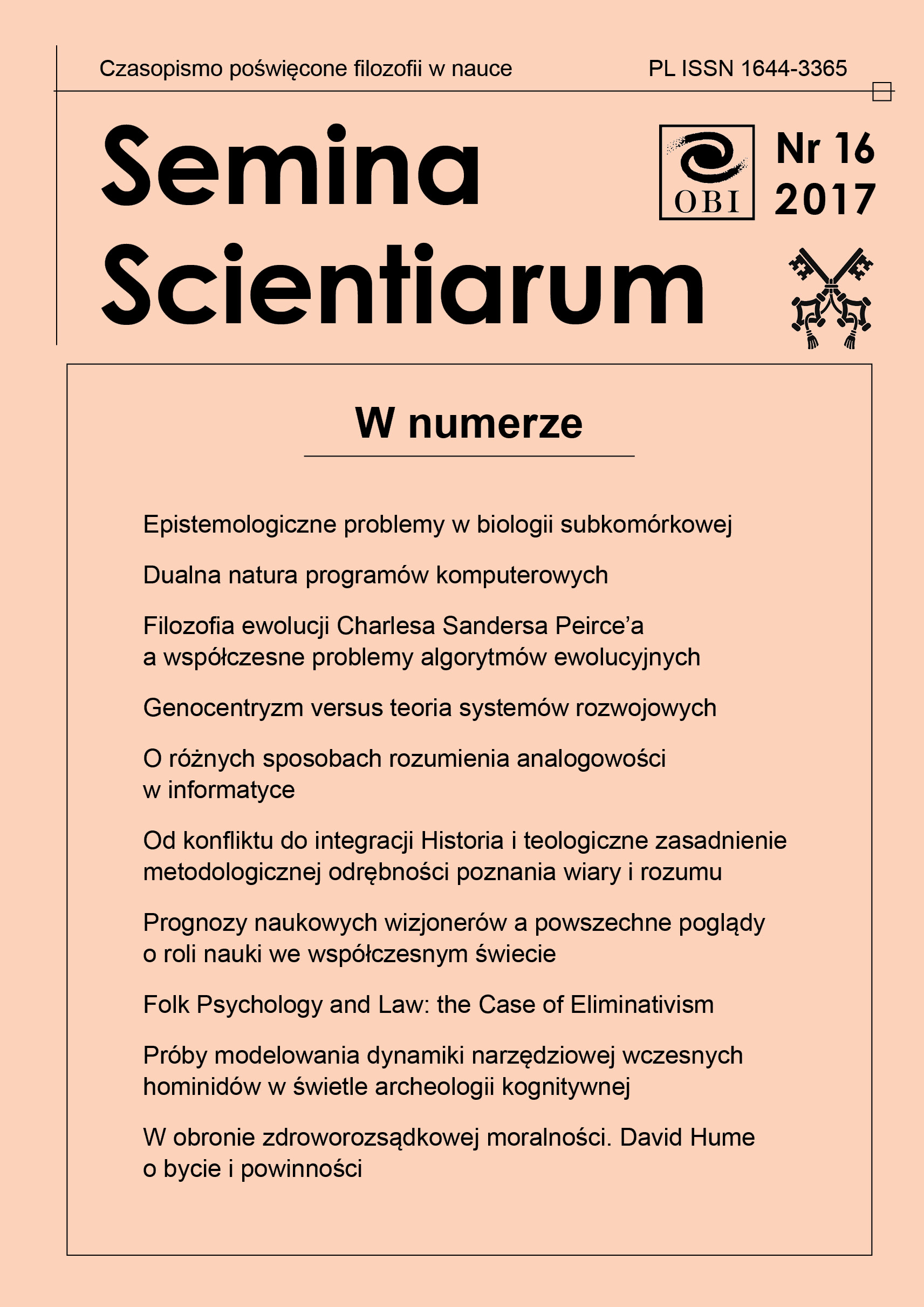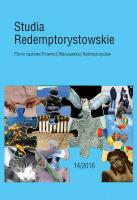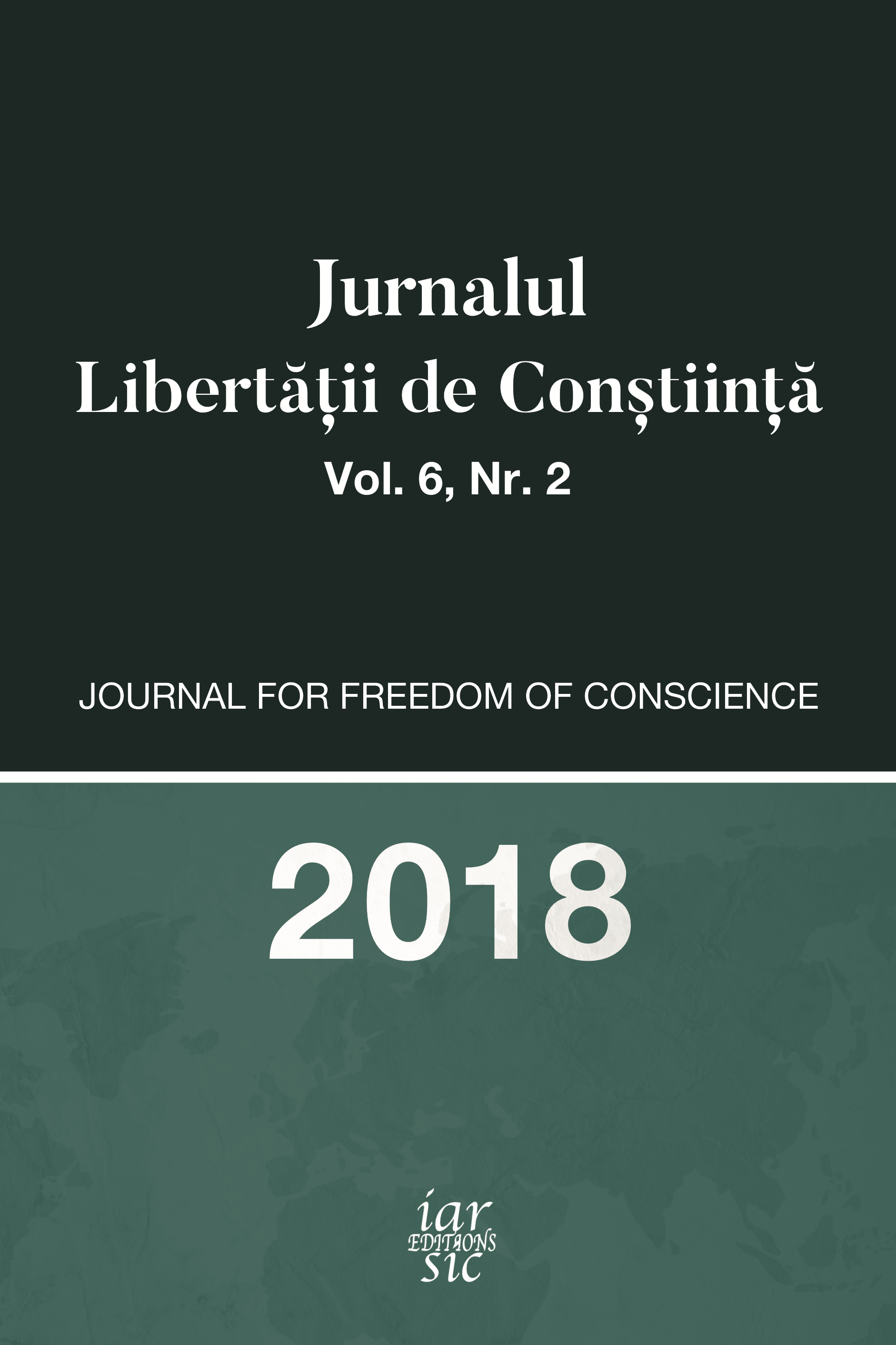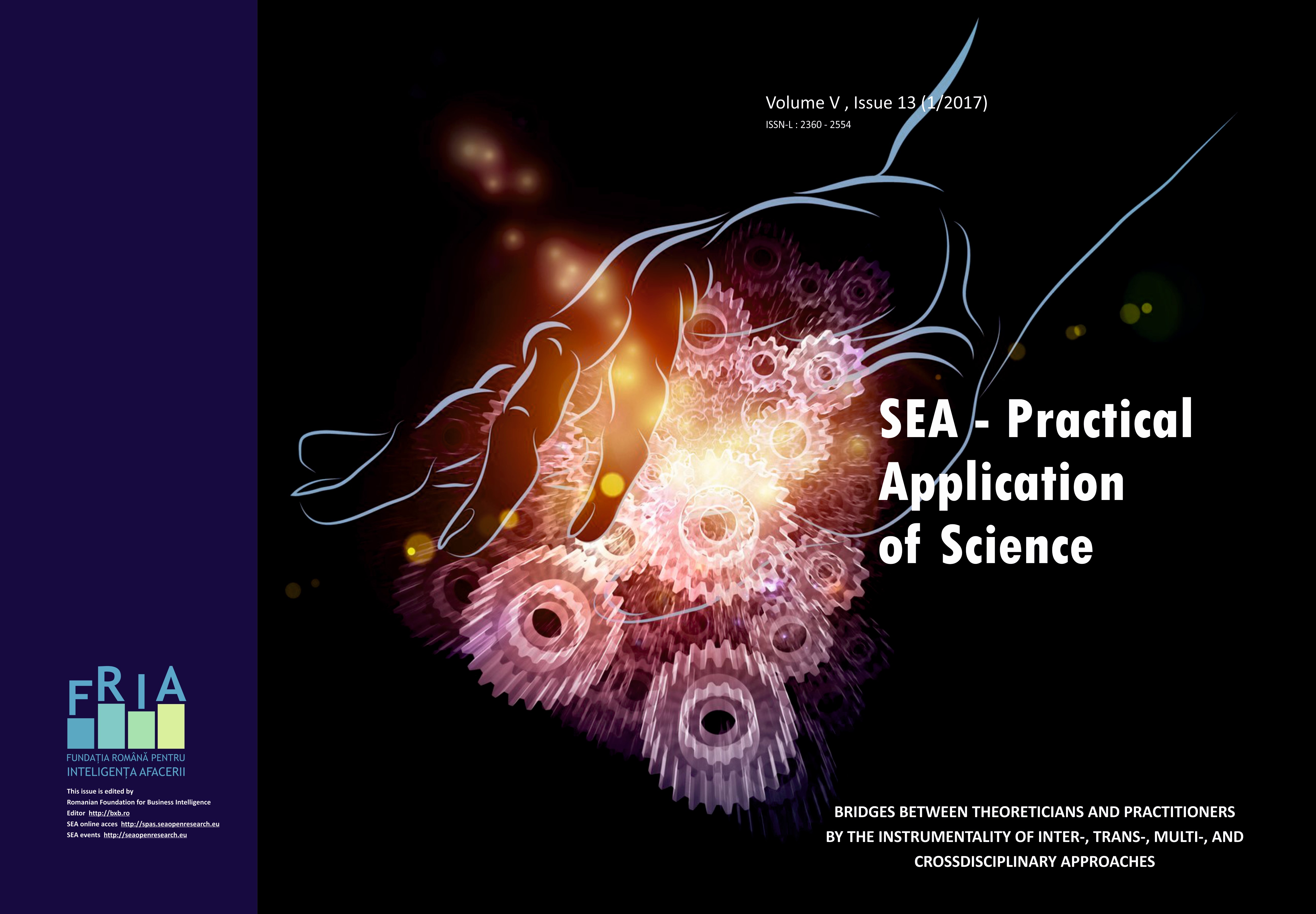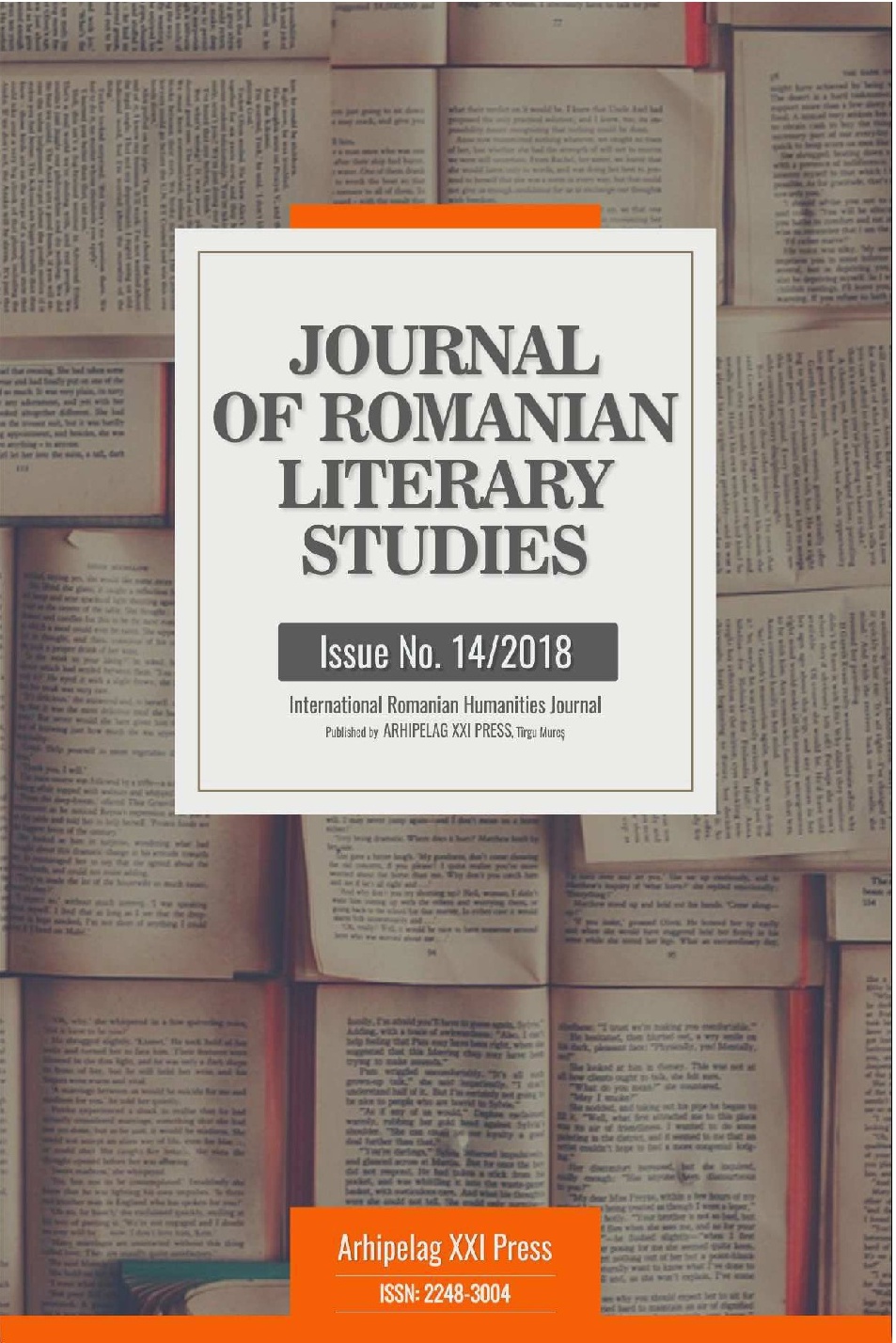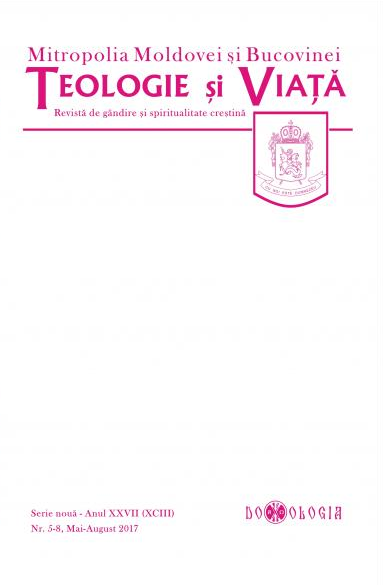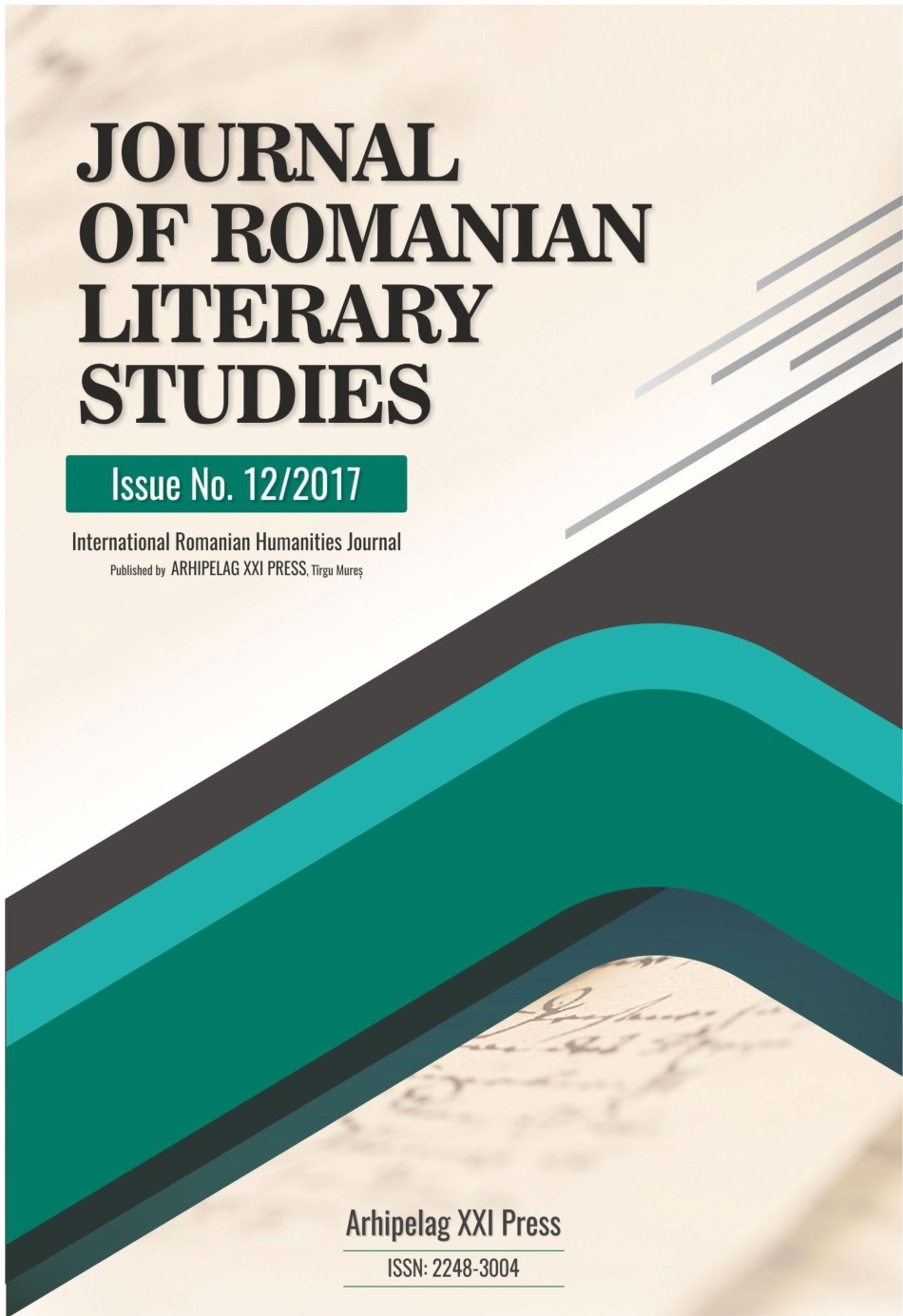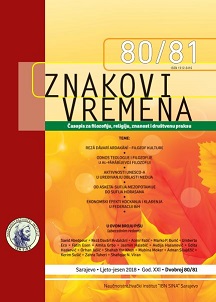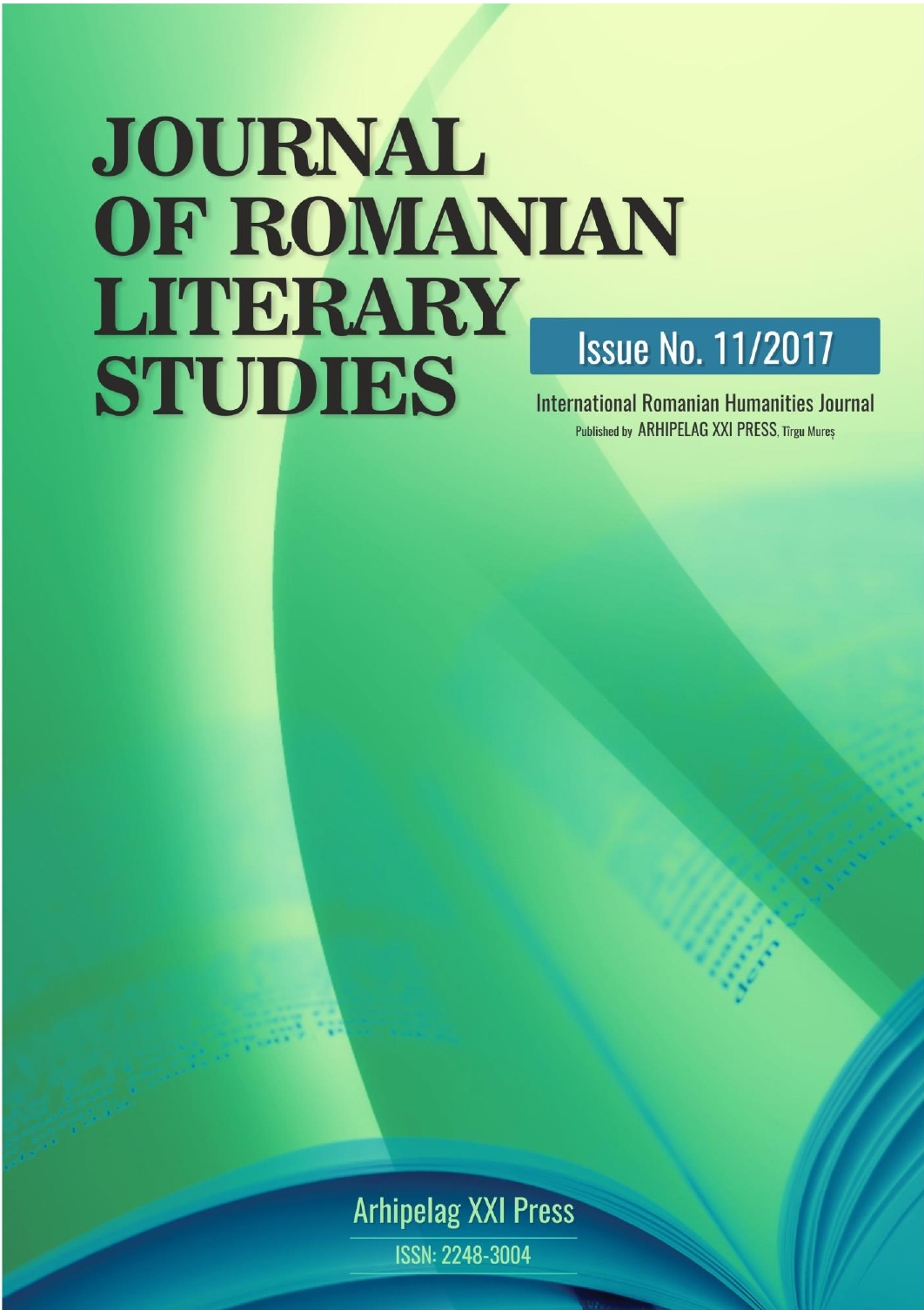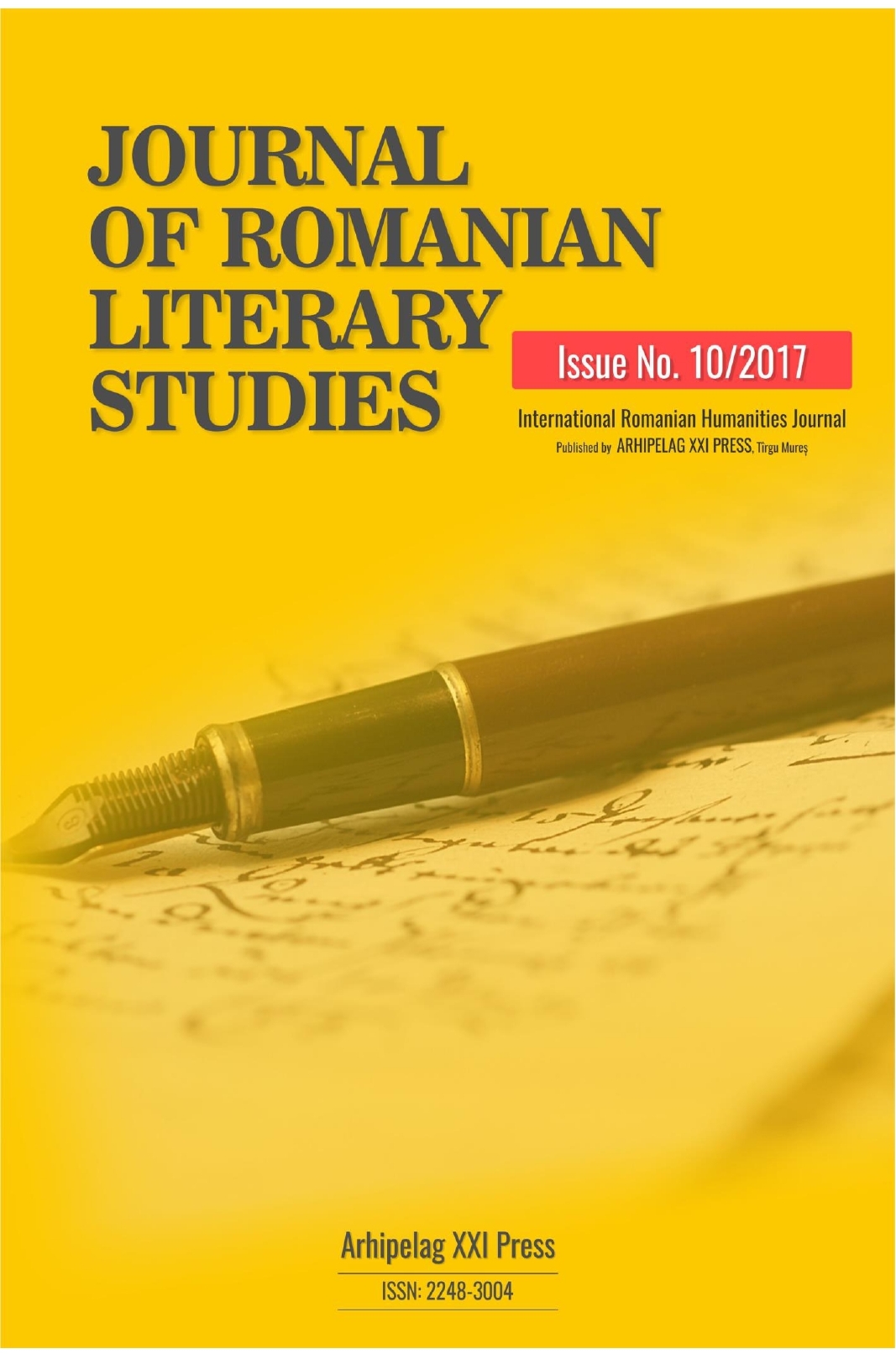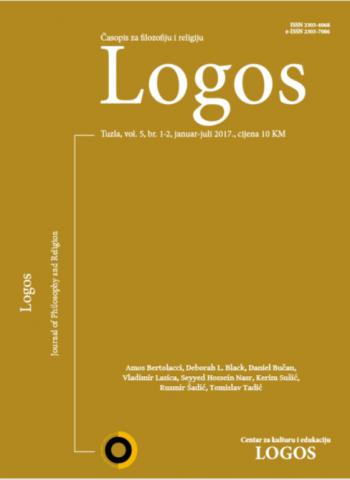Author(s): Stelian Manolache / Language(s): English
Issue: 13/2017
In the postmodern contemporaneity, when, as W. T. Anderson shows, the world religions can discover, in full awareness, what divides them and approaches them, and when, as Jean Delumeau emphasizes,"... different religions exalt each in its language, wisdom and compassion, sincerity and humility, which are precious common values , nobody may not wish them disappear" (Nicolae Achimescu, 2013), the Orthodox Church opens its doors to all the believers of the world awaiting the love of the Lord, as Rev Professor Dumitru Belu writes in his iconic book About love(Dumitru Belu, 2016), understanding through tolerance and co existence the inter religious dialogue. The renewal of the religious world societies will start, in this context, from the hope that the inter religious dialogue has the faith in its "mission for promoting a globalization capable [...] of sustaining authentic dialogue between religions and cultures"(Dumitru Popescu, 2003). In other words, Orthodoxy is sincerely (Nicolae Achimescu, 2006) on the path of the dialogue, being aware of the need and the utility of the dialogue, but also of the chance, perhaps unique, of making publicits sacred and liturgical tradition, given the fact that it is God „who wants all people to be saved and to come to a knowledge of the truth."(I Timothy 2:4).
More...
